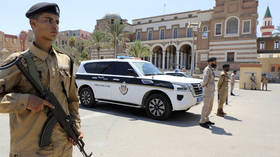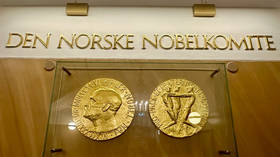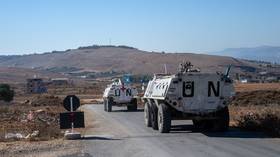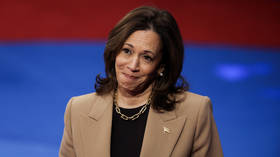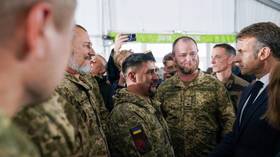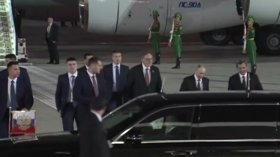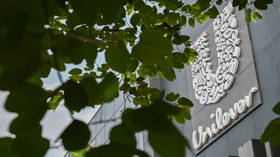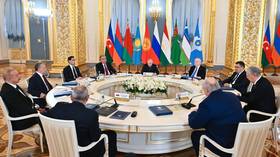Troubled African state resumes oil production

Libya has restored oil production to levels achieved before a central bank crisis brought it to a halt, according to the National Oil Corporation (NOC). The announcement on Thursday came just days after the North African country’s competing governments agreed to resolve tensions.
In a statement posted on Facebook, the state-owned NOC said oil and crude output reached 1.217 million barrels per day (bpd) on Thursday, up from 1.158 million bpd the day before.
The results are due to increased efforts by workers at various oilfields following the lifting of extraction and export restrictions, according to the NOC, which is based in Libya’s capital, Tripoli.
Last week, Libya’s eastern-based government and the NOC announced that all oilfields and export terminals had reopened after the resolution of a dispute over the central bank’s leadership.
Tensions erupted in the resource-rich African country in August, when the Tripoli-based administration fired Central Bank of Libya (CBL) Governor Sadiq al-Kabir without the approval of the rival Benghazi government. The House of Representatives (HoR) – the national parliament in Benghazi – responded by imposing a blockade on oil drilling and exports activities.
According to the NOC, the country produced approximately 1.3 million barrels per day prior to activity at the Sharara, El Feel, and Essider oilfields being suspended.
Following negotiations hosted by the UN Support Mission in Libya (UNSMIL), the factions reached an agreement last month to resolve the conflict by jointly appointing a new leadership of the monetary institution.
The once-prosperous country has had little peace since a 2014 NATO-backed uprising ousted longtime ruler Muammar Gaddafi. It has since been split between two competing eastern and western administrations, with the interim Government of National Unity, installed as part of a UN-backed process to prepare for elections, headquartered in Tripoli. The CBL is divided along the same political lines, but the Tripoli branch, which Kabir had led for over a decade, remains the only internationally recognized repository for oil revenues and foreign reserves.
